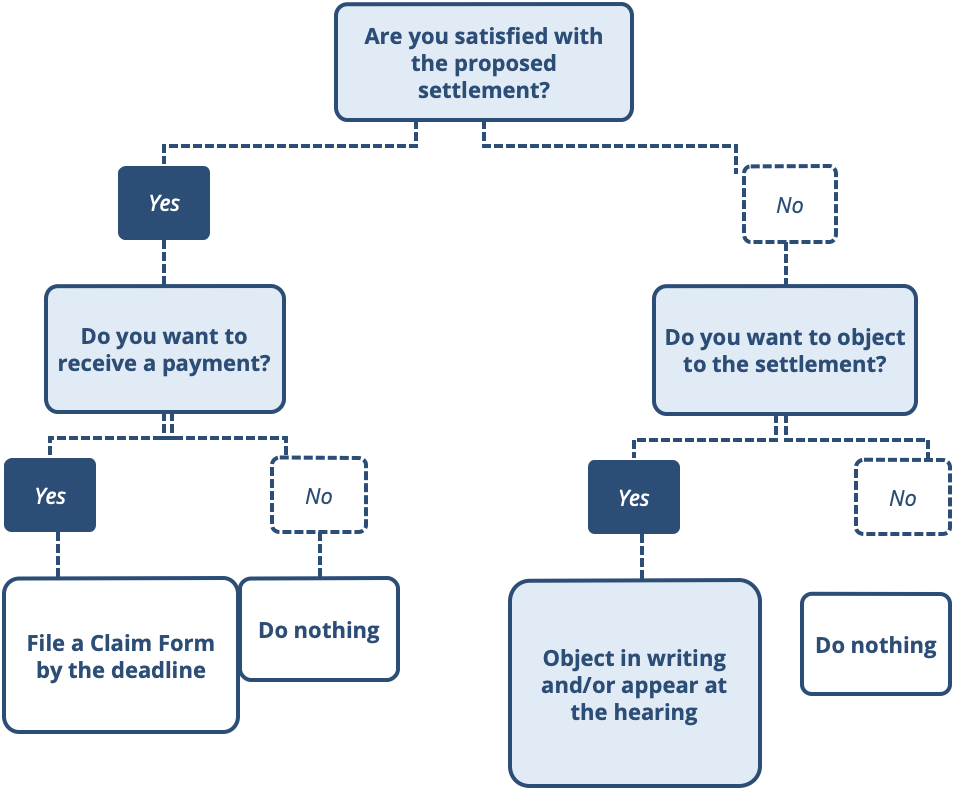Hedgepeth v. Bondi
EEOC No. 570-2016-00501X
Settlement Website
Class Complaint Notice of Resolution
Notice Authorized by the U.S. EEOC
Are you a current or former African American Deputy U.S. Marshal, Detention Enforcement Officer, or a former applicant for a Deputy U.S. Marshal position from January 23, 1994, to November 27, 2023
There is a $15 million proposed settlement of an EEOC Class Complaint. You may be entitled to money or other relief.
To receive relief under the proposed settlement, you should:
- Read this notice
- Respond by January 26, 2024
Notice: On June 24, 2024, the Equal Employment Opportunity Commission (“EEOC”) granted final approval of the settlement in the U.S. Marshals Service Race Discrimination Class Action. Two class members filed appeals. On September 2, 2025, the Office of Federal Operations (OFO), denied one of the appeals and the other appeal was withdrawn. On October 2, 2025, the class member filed a Motion for Reconsideration of the denial of the appeal. We are now waiting for a decision from the OFO on the Motion for Reconsideration.
_______________________________________________________________________________________________________________
This Notice of Resolution is a summary of the settlement, which has been approved by the EEOC. The complete proposed Settlement Agreement with all its terms and a copy of the Administrative Judge’s decision certifying the class can be found at www.usmssettlement.com. This website has been authorized by the U.S. Equal Employment Opportunity Commission. This website is not operated by the U.S. Marshals Service. To get a hard copy of the proposed Settlement Agreement, Administrative Judge’s decision, or to get answers to your questions:
| Claims Administrator | Class Counsel |
|---|---|
|
Hedgepeth v. Bondi Claims Administrator P.O. Box 10269 Tallahassee, FL 32302-2269 Phone: (833) 616-0397 Email: [email protected] |
David Sanford, Saba Bireda, Christine Dunn, Kate Mueting, Erica Roberts, Shannon Henris, Savannah Shepherd SANFORD HEISLER SHARP MCKNIGHT, LLP 700 Pennsylvania Avenue, SE, Suite 300 Washington, DC 20003 (202)-499-5203 [email protected] |
